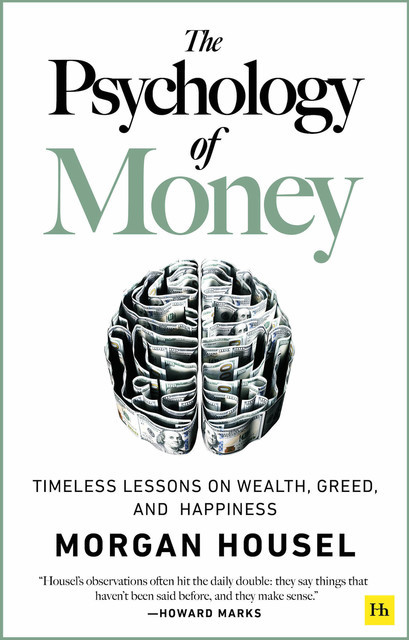The Psychology of Money
Den här boken är inte tillgänglig just nu
227 trycksidor
- Ursprunglig publicering
- 2020
- Utgivningsår
- 2020
Intryck
- Alydelade ett intryckförra månaden👍Värt att läsa
- Nicolas Salvador Sanchodelade ett intrycki fjol👍Värt att läsa
- Jessdelade ett intryckför 2 år sedan💡Lärde mig mycket
Citat
- Kelvin Tjiawihar citeratför 3 år sedanYour personal experiences with money make up maybe 0.00000001% of what’s happened in the world, but maybe 80% of how you think the world works. So equally smart people can disagree about how and why recessions happen, how you should invest your money, what you should prioritize, how much risk you should take, and so on.
- Riad Ghellabhar citeratför 3 år sedanWe need to believe we live in a predictable, controllable world, so we turn to authoritative-sounding people who promise to satisfy that need.”
Satisfying that need is a great way to put it. Wanting to believe we are in control is an emotional itch that needs to be scratched, rather than an analytical problem to be calculated and solved. The illusion of control is more persuasive than the reality of uncertainty. So we cling to stories about outcomes being in our control. - Soliloquios Literarioshar citeratför 3 år sedan1. The more you want something to be true, the more likely you are to believe a story that overestimates the odds of it being true
fb2epub
Dra och släpp dina filer
(upp till fem åt gången)


